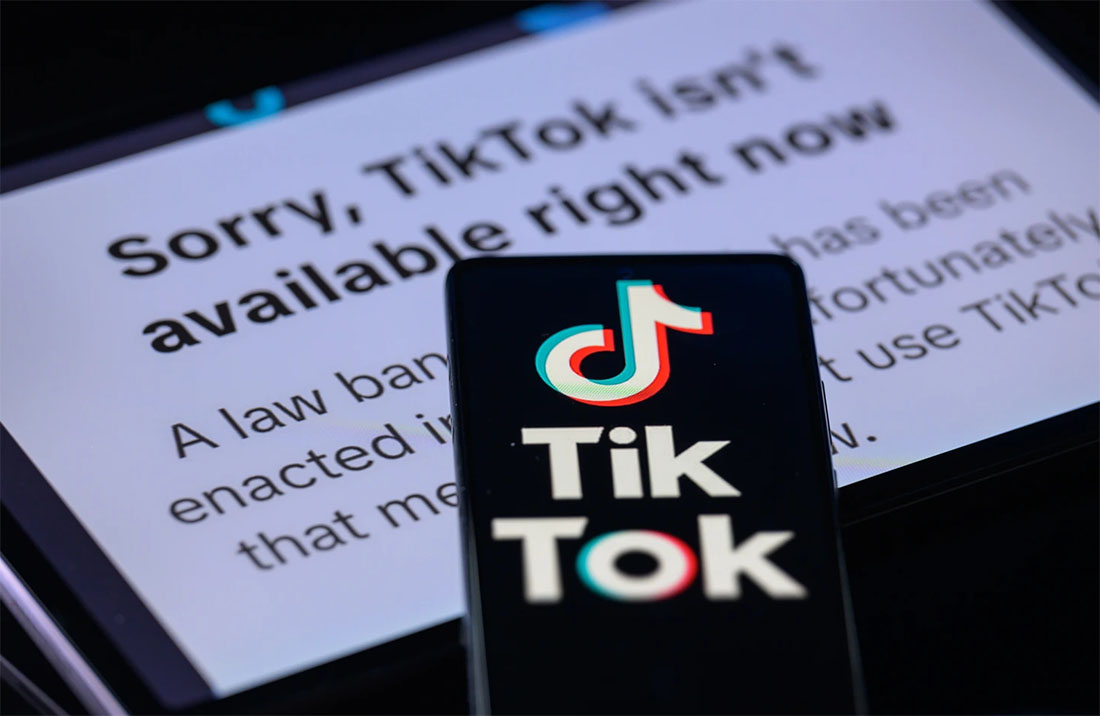
The proposed agreement involved establishing a new company majority-owned by American entities, effectively distancing TikTok's U.S. operations from Chinese ownership: a critical move aimed at addressing national security concerns raised by U.S. lawmakers.
President Donald Trump was expected to sign an executive order this week to greenlight the deal, initiating a 120-day closing period for finalizing financial and legal aspects. ByteDance, TikTok's parent company, was set to retain a minority stake below the 20% threshold mandated by U.S. Congress, signaling compliance with regulatory requirements.
However, the situation took a sudden turn when President Trump announced new tariffs on Chinese goods, prompting a swift response from the Chinese government. Sources indicate that ByteDance communicated its inability to proceed with the deal until discussions on these tariffs were resolved: a move that effectively halted further progress.
In response to these developments, President Trump announced a 75-day extension to the deadline previously set for TikTok to divest its U.S. operations to non-Chinese buyers, postponing the imminent ban initially slated for January under legislation passed in 2024.
Vice President JD Vance led the negotiations from the White House side, with ongoing support from both existing and potential investors. Despite the setback, there has been no indication of renegotiations, with stakeholders from both sides standing firm amid the evolving trade dynamics.
The Chinese government's stance remains a significant hurdle, with official sources indicating that any deal involving TikTok requires thorough review and approval under Chinese law. The uncertainty surrounding Chinese approval underscores the complexities of international negotiations amid geopolitical tensions.
President Trump, in his social media updates, emphasized a willingness to reduce tariffs as part of broader negotiations with China, highlighting the interconnectedness of trade policy and corporate transactions in the digital age.
The fate of TikTok's U.S. operations hinges largely on the outcome of U.S.-China negotiations, reflecting broader implications for technology sector investments and international trade relations. The uncertainty surrounding the deal serves as a poignant reminder of the intricate balancing act required in navigating global commerce amidst political sensitivities.
While discussions continue, stakeholders await further developments, cognizant of the need for strategic maneuvering to secure mutual agreements beneficial to all parties involved. The evolving saga of TikTok encapsulates not just corporate maneuverings but also the broader geopolitical currents shaping global economic landscapes in the 21st century.
![]()
















